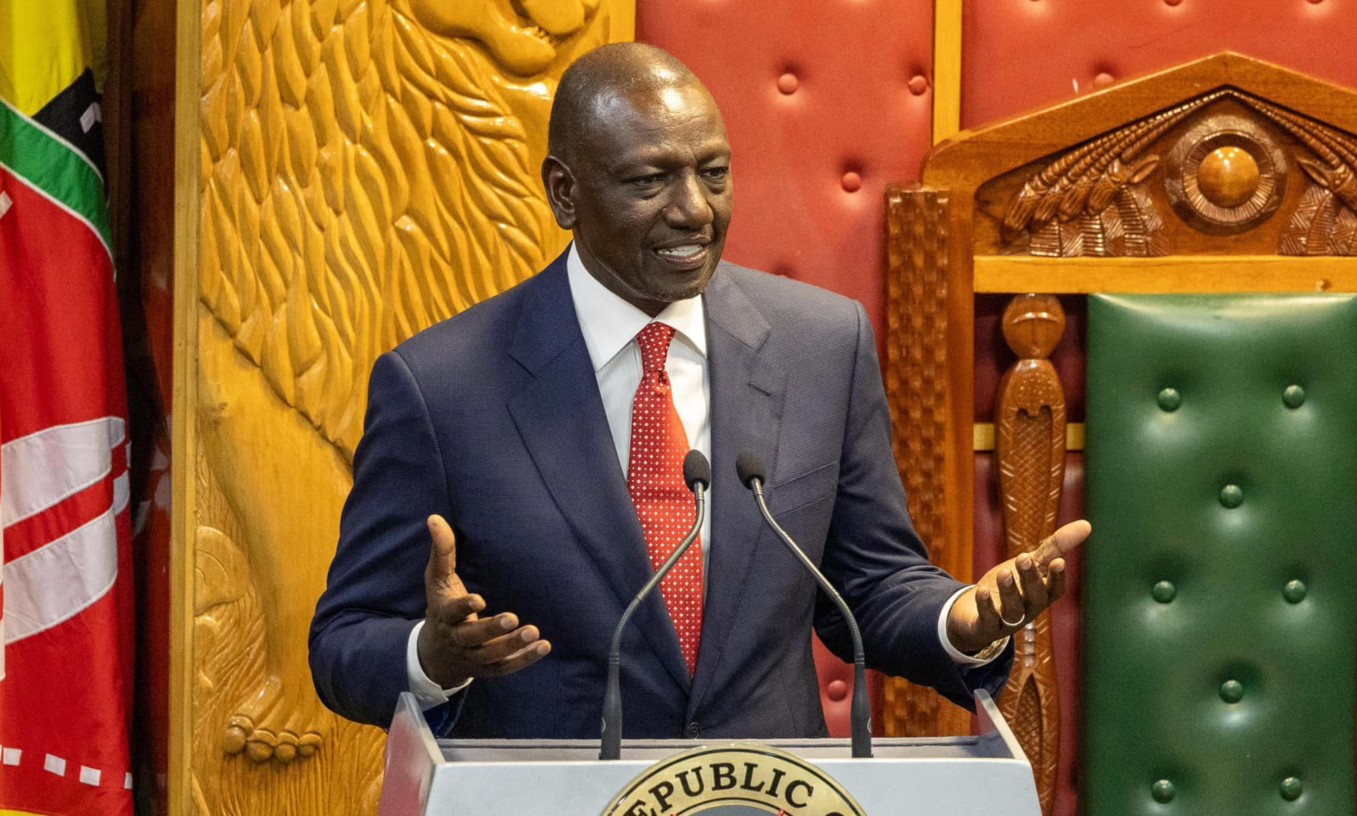Japan's auto industry was rocked on Monday after Toyota, Mazda and Honda all admitted to irregularities in their vehicle certification processes.
This resulted in production suspensions for several models and raised concerns about corporate accountability.
Toyota, the world's largest automaker, took the biggest hit with Chairman Akio Toyoda issuing a public apology.
The company acknowledged widespread cheating on certification tests for seven vehicle models, including the use of outdated data in collision tests and manipulating tests of airbag deployment and rear-seat damage.
Engine power tests were also found to be falsified. Consequently, production of the Corolla Fielder, Corolla Axio and Yaris Cross was halted in Japan.
Read More
Toyota maintained, however, that the safety of vehicles already on the road was not compromised.
Toyota's woes weren't isolated.
Rival Mazda also halted production of the Roadster and Mazda 2 models after admitting to using incorrect engine control software during certification testing.
Additionally, Mazda acknowledged violations in crash tests on three discontinued models, though none of these issues impacted the vehicles' safety.
Honda joined the chorus of apologies, revealing improper testing procedures on noise levels and torque for a range of discontinued models, including the Accord, Odyssey and Fit.
The company emphasized that these irregularities did not affect the safety of the vehicles.
The certification problems represent a significant setback for Japanese automakers, particularly Toyota, renowned for its focus on production efficiency and a culture of empowering workers to build "ever-better cars."
The apparent unravelling of these testing systems raises questions about potential pressure to expedite the certification process, especially with a growing number of vehicle models.
Akio Toyoda, grandson of the company's founder, attempted to explain the situation, suggesting that some certification rules might be excessively strict and vary internationally.
However, he firmly condemned the violations.
He acknowledged Toyota's imperfections but vowed to rectify the situation, stating, "We are not a perfect company. But if we see anything wrong, we will take a step back and keep trying to correct it."
The fallout from these revelations is likely to have a significant impact on the Japanese auto industry, potentially leading to stricter regulations and renewed scrutiny of certification procedures.

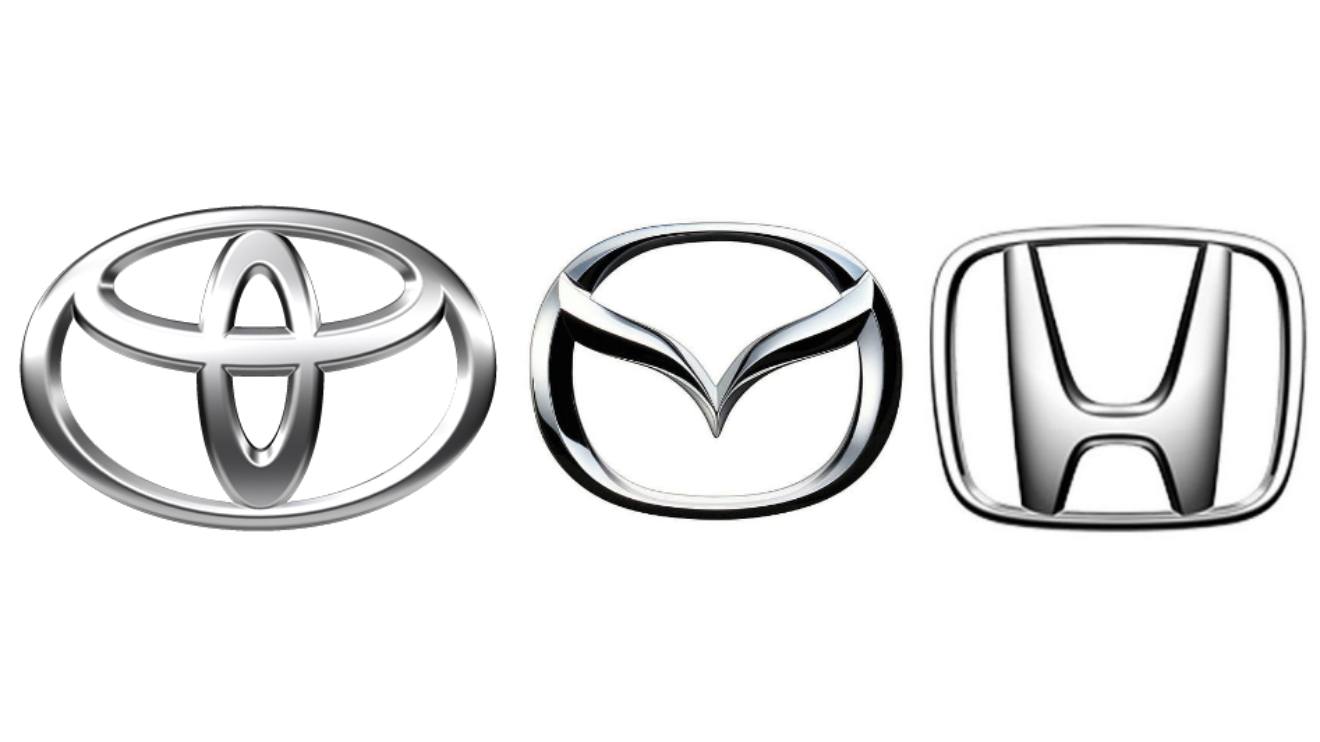
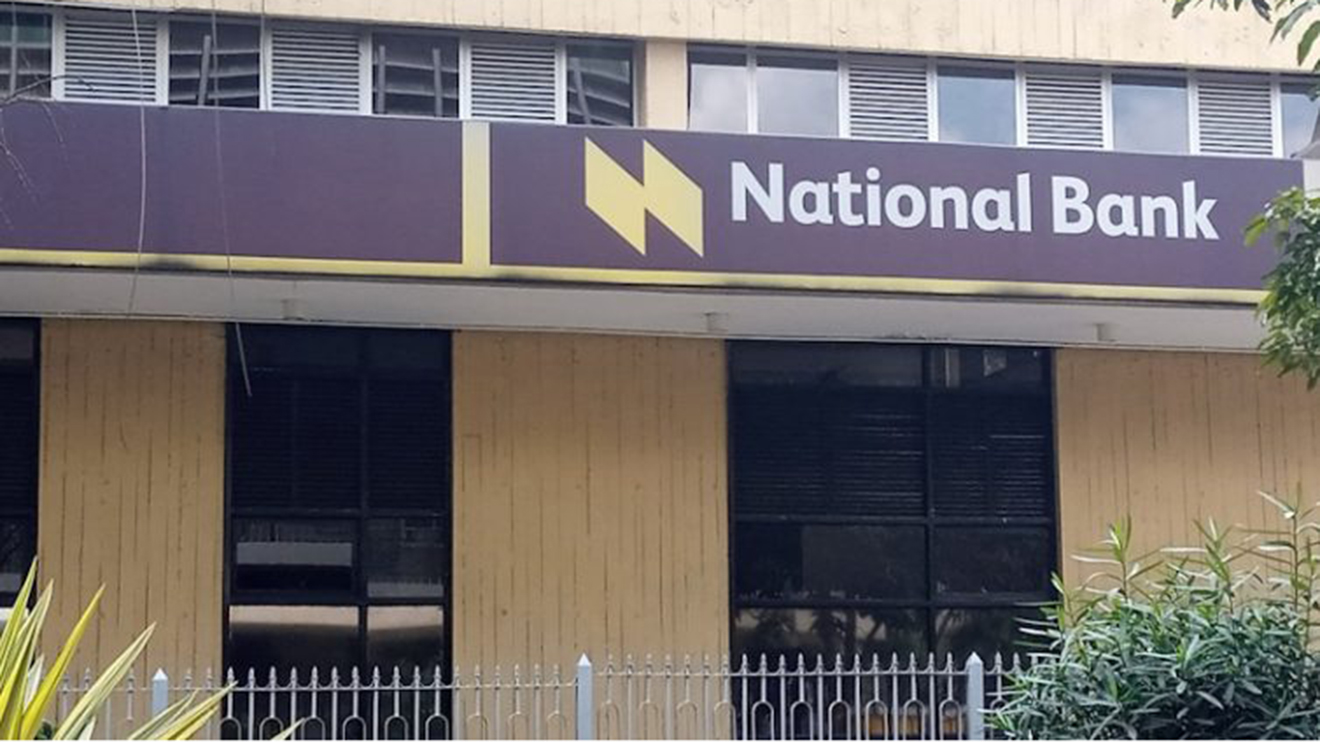
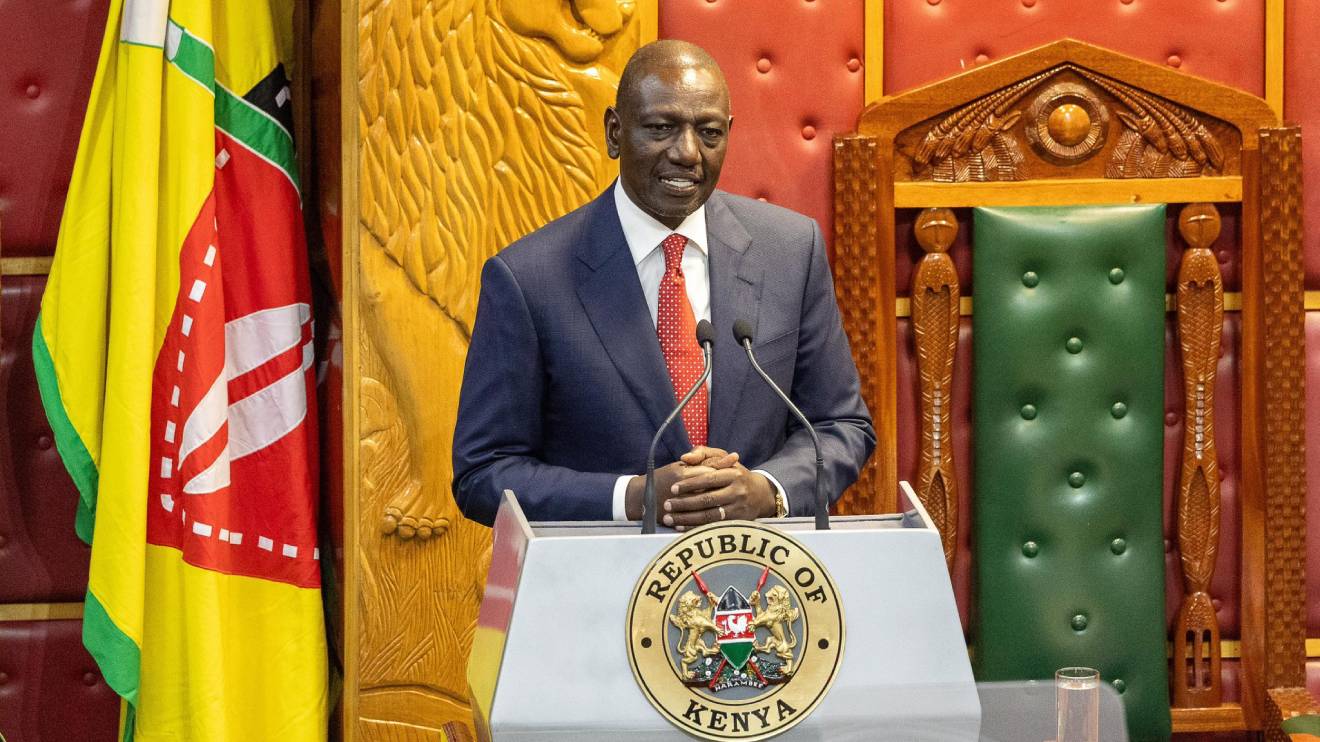
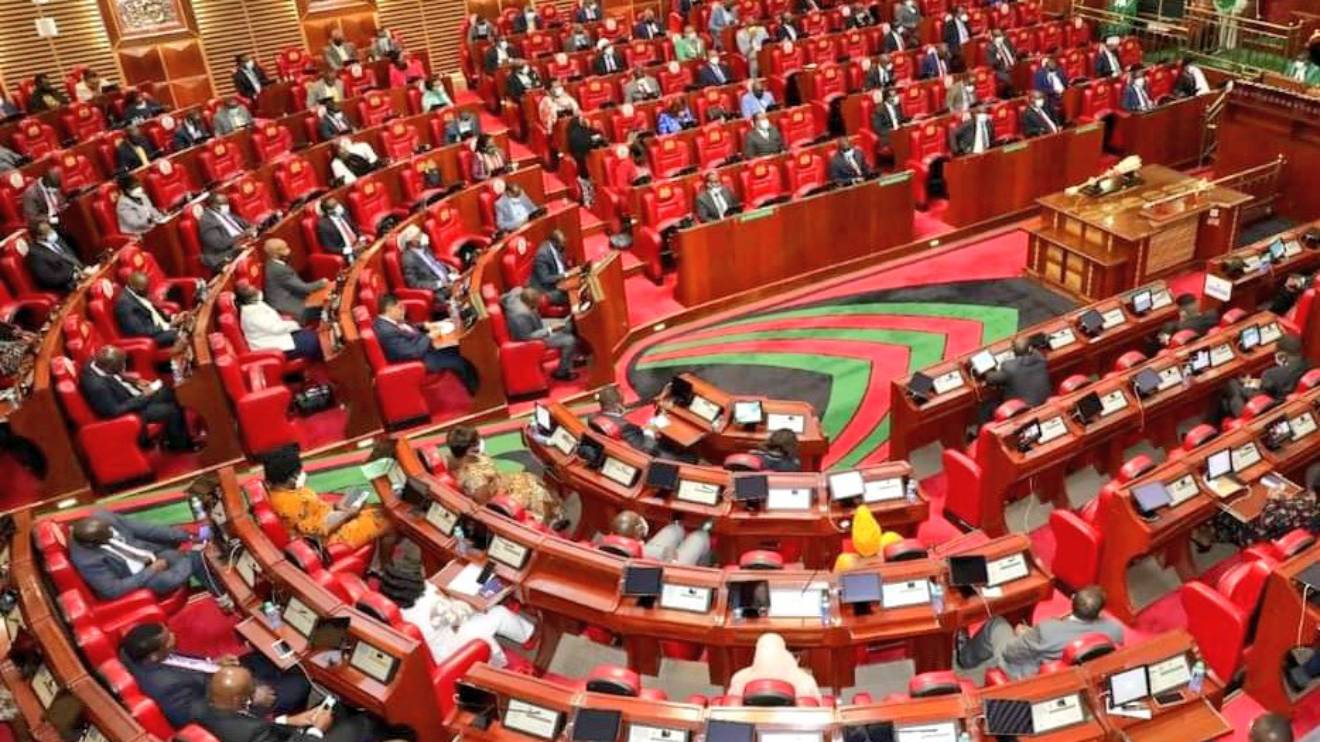
-1732228005.jpg)
-1732185003.jpg)

